African Studies
The interdisciplinary African Studies program draws on scholarship across departments and schools while engaging with African past, present, and future from a decolonized perspective.
What drives cultural exchange and global interaction? How do traditions and histories influence how people and communities connect and evolve? Explore the rich diversity of global cultures and examine how societies adapt, collaborate, and respond to the challenges of an interconnected world.
Discover areas of study that deepen our understanding of global & intercultural studies, spark new ideas, and lead to impactful discoveries.
The interdisciplinary African Studies program draws on scholarship across departments and schools while engaging with African past, present, and future from a decolonized perspective.
American Studies draws on the humanities and social sciences to examine components of U.S. culture, the diverse experiences of Americans, and the American impact on local, national, and global concerns.
Asian American Studies explores the long and rich histories, culture, and politics of Asians in the United States.
Asian Languages & Cultures students explore a variety of Asian cultures in depth, compare histories and traditions across Asia, and consider them in relation to those of other regions, both within and outside Asia.
Black Studies looks at the global Black experience using intellectual tools from History, Literature, Political Science, Theater, Sociology, and other disciplines to understand Black life as situated in particular times and places.
Global Health Studies students interrogate the key social, political, historical, and economic determinants of health and the role they play in global health concerns past and present, as well as health interventions across cultural and geographical environments.
The International Studies adjunct major provides students with a platform for interdisciplinary understanding of international affairs in connection with contemporary politics and society.
Jewish & Hebrew Studies examines Jewish life from ancient to modern times as a cultural, ethnic, and/or religious identity and phenomenon. Courses offer students the chance to explore Jewish texts and languages, philosophy and literature, religion and history.
Latin American & Caribbean Studies explores the languages, politics, art, cultures, and religions of these regions and populations.
Latino & Latina Studies focuses on the historic and contemporary circumstances that shape Latina and Latino lives, spaces, subjectivities, and politics in the United States.
Middle East & North African Studies looks at this region and the networks that join it to the rest of the world. Curricula includes language training in Arabic, Persian, Turkish, or Hebrew and a mix of history, humanities, and social science courses related to the Middle East and North Africa.
A minor in Native American and Indigenous Studies offers students the chance to engage with the priorities, histories, lifeways, and artistic and cultural practices related to Native American and Indigenous communities.
A major and minor are offered, with the opportunities to concentrate in language, literature, culture, or area studies.
Check out some cool courses that immerse you in global and intercultural studies.
As a student, you can delve into the study of global and intercultural studies through interdisciplinary coursework, internships, community projects, and extra-curricular activities. You also can collaborate with faculty on cutting-edge research.
From cognitive science to global health, Mirabella Johnson shares how Northwestern's community and opportunities shaped her journey. With connections in student organizations, Mirabella found inspiration and support in her path to public health. Her advice? Embrace Northwestern's unique blend of people, classes, and experiences—you'll find your place and discover new possibilities.
An American studies major with minors in French and sociological research at Weinberg College, Dori-Taylor Carter has been involved with the Rainbow Alliance on campus, working to make the University a more hospitable place for LGBTQ+ students.
In the classroom, I was inspired by the talented and renowned faculty’s lectures and writings. The sheer depth of culture and history they bestowed upon me was, at times, overwhelming. But, the experience was more than worth it.”
With a major in economics and minors in global health studies and data science, Seora Kim '24 found that Northwestern's interdisciplinary approach helped her connect diverse interests. Starting undecided on her major, she explored different fields through foundation courses, leading her to a unique mix of studies. She's excited to apply what she's learned to combine insights from each area for her future career.
Issa’s family is from Palestine and during his time on campus he served as a co-president of the Middle East and North African Student Association. A neuroscience and global health double major in the Weinberg College of Arts and Sciences, Issa's research focuses on Arab-American health, a subject he will continue to explore next year in the Feinberg School of Medicine’s Northwestern Undergraduate Premedical Scholars Program.
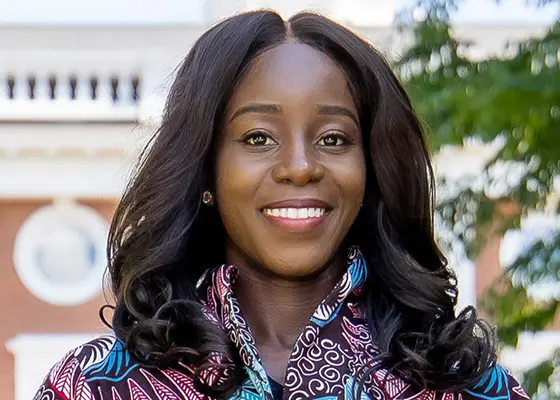
Get to know some of our dedicated professors who are passionate about teaching and nurturing your success as a student.
If you want to make the world a better place, you have to understand how it works, why it works the way it does, and who benefits. Every single one of my classes digs into that.”
— Noelle Sullivan, Director & Professor of Instruction; Program in Global Health
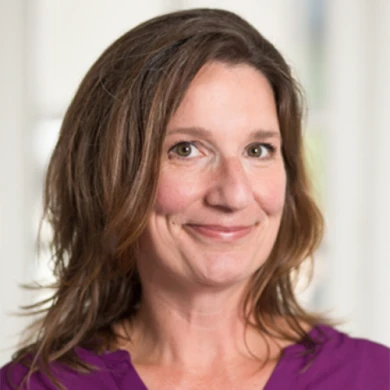
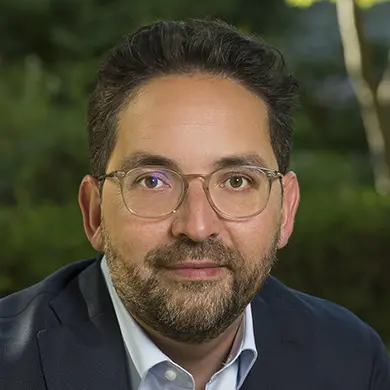
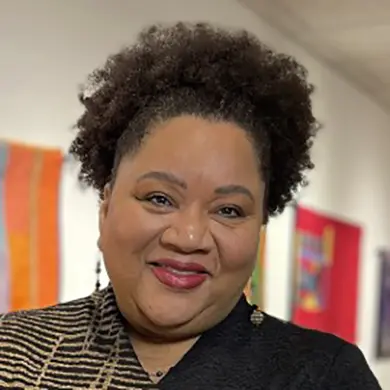
Explore student clubs, internships, and campus resources.
In Weinberg College's monthly podcast, alumni share their career experiences. Discover stories about working in fields related to global and intercultural studies.
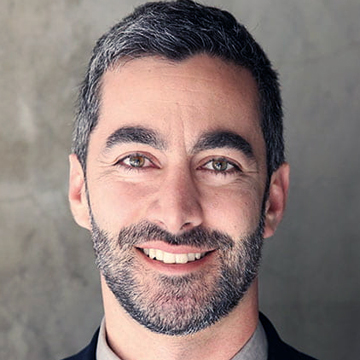

Survey of Asian diasporas in the U.S. and elsewhere in the 19th, 20th, and 21st centuries, emphasizing causes of migration, process of settlement, relations with other ethnic groups, and construction of diasporic identities.
This course explores the legendary novel Doctor Zhivago (1957), written by the Noble Laureate Boris Pasternak. This work is discussed in the Russian and European cultural and historical context of the Cold War era; we follow and compare the paths of literary heroes and their real-life prototypes: Pasternak himself and his long-time companion Olga Ivinskaya.
Explores AfroFuturism, a literary and cultural aesthetic demonstrating/imagining how people of color project ourselves into narratives of the future. Investigation of speculative fiction, fantasy literature, sound cultures, artworks, music videos, and dance to trace the concept of an AfroFuturist point of view. Creation of AfroFuturist media and performances.
Is war between major powers inevitable? Historically, major powers have fought wars for territory, status, and grievances. However, the post-WWII era marks a long period of peace. This course explores how states have created rules to facilitate trade, peace, and cultural interaction. We’ll examine why major power wars occurred and how international systems are managed, studying both Western and non-Western perspectives. Students will choose modules focused on specific regions or topics, such as the Chinese tributary system or international relations in the Islamic world, to develop their own views on the future of global order.
Obeah. Santeria. Vodou. These African traditional religions emerged in the Caribbean due to the transatlantic slave trade. This course critically explores Caribbean history, culture, and religion, examining key themes in religious traditions, cosmological expressions, and their roles in resistance by enslaved and free subjects. We’ll explore how religion shaped Caribbean identity through texts, film, literature, and music, while addressing topics like belonging, migration, colonialism, race, gender, and class to understand what makes these religious practices uniquely Caribbean.
This course explores the relationship between knowledge, history, and politics through the lens of sociology in Israel. We will start by discussing sociology and the politics of knowledge production. Then, we'll examine works from early Jewish-Zionist proto-sociologists to Israeli "establishment" sociologists and later critical approaches. Key questions include how these sociologists viewed Israeli society, its comparison to other nations, and Israel's relationship with Palestinians. Students will gain a deeper understanding of Israeli society while developing critical thinking and reading skills.
How do campaign advertisements influence voters' perceptions and behavior? What roles do emotions play in politics? Do we all harbor some measure of racism, sexism, or homophobia, and what role do these stereotypes play in political behavior? How and why do ideologies form, and how does partisanship influence the way that voters understand the political world? How do people perceive threat, and what are the psychological consequences of terrorism?